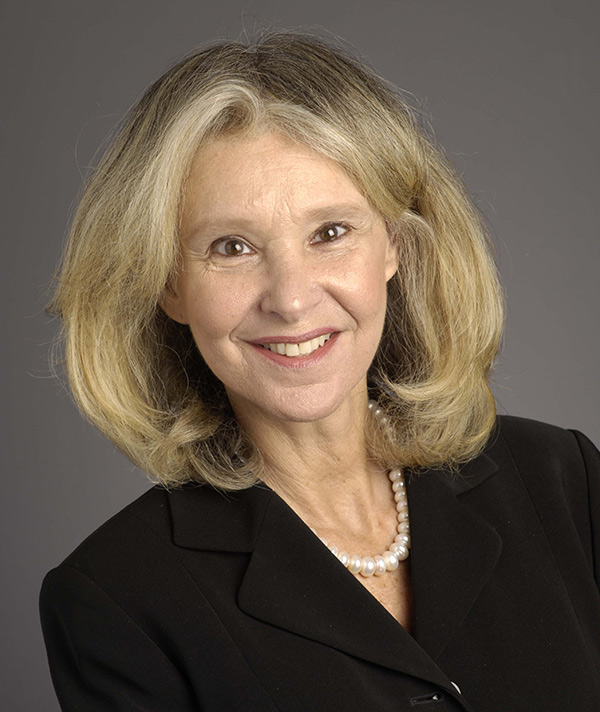Sharon Lynn Kagan has long argued that achieving high-quality programs for young children requires attending to and funding the system that supports them: financing, regulations, monitoring, governance, program standards, professional development and effective use of data.
This past spring, Kagan — Virginia & Leonard Marx Professor of Early Childhood and Family Policy, and Co-Director of TC’s National Center for Children & Families — published an analysis of early childhood education and care (ECEC) systems in six trend-setting nations: South Korea, Hong Kong, Singapore, Finland, England and Australia. Her visionary goal: to discern the core systemic elements that make for high-quality ECEC, thereby enabling the United States and other nations to upgrade the quality, equity, sustainability and efficiency of their services and systems.

Sharon Lynn Kagan, Virginia & Leonard Marx Professor of Early Childhood and Family Policy (Photo: TC Archives)
Fully funded by the National Center on Education and the Economy, the effort yielded two books. One is a compendium of country case studies; the other, The Early Advantage: Building Systems That Work for Young Children — International Insights from Innovative Early Childhood Systems, argues that while the study countries all have more services for young children than does the U.S., they also understand that “context contours policy” — that is, what works in one country may not in another. Regardless, a carefully planned, comprehensive approach that promotes “policy synergy” is requisite.
Other countries offer “far more services than we do. It does really come down to making our nation more respectful of the importance of the early years.”
—Sharon Lynn Kagan, Virginia & Leonard Marx Professor of Early Childhood and Family Policy
The six countries also look across the development spectrum, Kagan says, beginning prenatally and with abundant parenting supports. All make provision for infants and toddlers and “provide rich services for three- and four-year-old children.” All focus on helping families transition from preschool to kindergarten, and “comprehensive health benefits are rather routine.”
America ranks 11th globally in investment in pre-primary education as a percentage of government expenditures on education; 22nd in presence of well-defined quality guidelines to cover basic early childhood education and care needs; and 31st in availability of preschool for families.
Ultimately, Kagan says, her report is a wake-up call to American policymakers. “It does really come down to making our nation more respectful of the importance of the early years and more committed to what makes services for youngsters really zing!”
